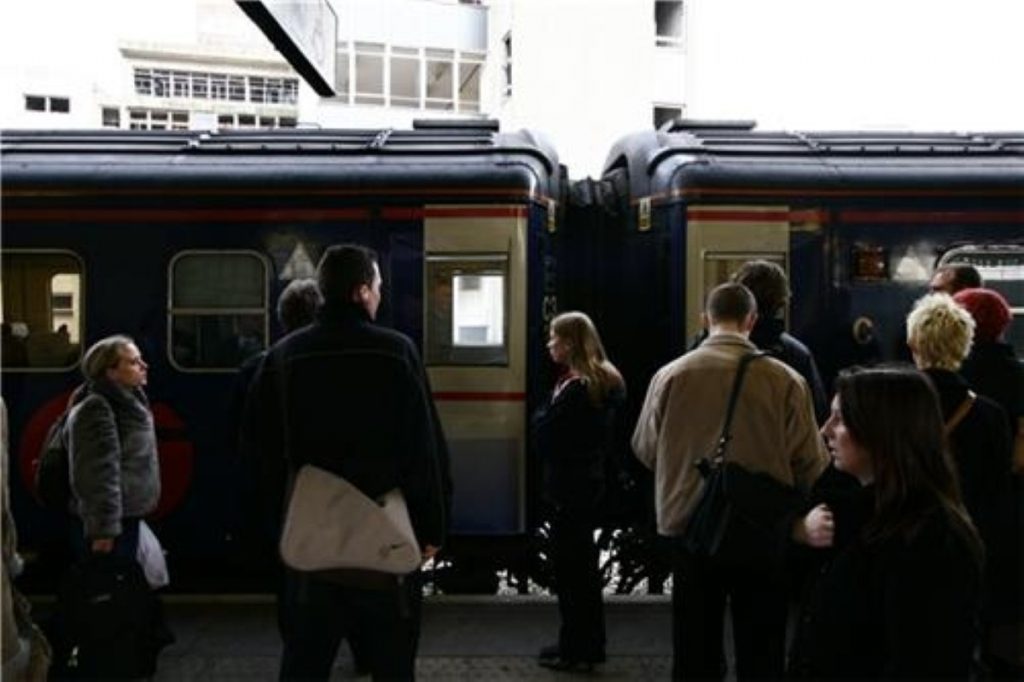A tax on work? Unhappy new year for rail commuters
Commuters heading back to work this morning have been hit by an average 4.2% hike in rail fares, marking a tenth consecutive year of increases for passengers.
The damage to commuters' pockets could have been even worse if the government had pressed ahead with its plan of allowing train companies to increase regulated fares by a maximum of RPI plus three per cent.
In September David Cameron announced the increase would be capped at RPI plus one per cent, helping some commuters save as much as £200 over the next two years.
Campaigners remain outraged that some unregulated fares are increasing by as much as ten per cent, however.


"No country requires their payers to pay the full cost of the railway because there are wider benefits of having a good railway network," Steven Joseph of the Campaign for Better Transport (CBT) told the Today programme.
"We'd like the government to at least set a date for stopping above-inflation fare rises and also use the fares review… to create a simpler and fairer fares system."
The government is investing in what transport minister Norman Baker called the railways' biggest construction programme since the 19th century, however.
"We want to end the era of above-inflation rises as soon as we possibly can, and we're working towards that," he pledged.
The CBT claims more affordable rail fares will help boost local economies and have a positive environmental impact by cutting road congestion and pollution.
It has launched an online petition attempting to galvanise public opinion against the coalition's approach.
Labour accused the prime minister of breaking his promise of capping rail fares, on the basis that not all fares are controlled by ministers. Present arrangements were introduced under the New Labour government.
"Many commuters have faced a nasty new year shock as they discover fares have gone up by as much as 9.2%," shadow transport secretary Maria Eagle said.
"The government should come clean with commuters that this is a direct result of their decision to cave in to pressure from the private train companies to let them hike ticket prices beyond the so-called cap."
The National Audit Office has previously warned the Department for Transport it has failed to demonstrate that higher fare rises do not lead to higher profits for private train companies, Labour pointed out.

